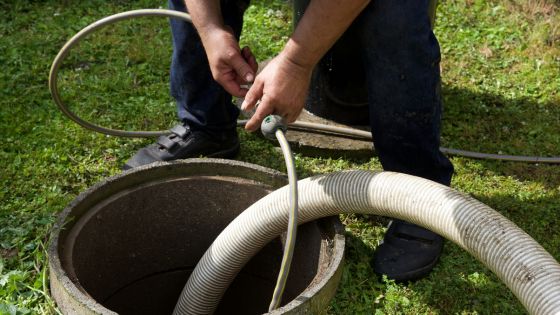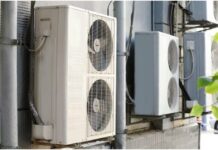Have you just bought a new home and have found that it has a septic tank? This is more common in the US but has found its way into homes in Europe too.
Septic tanks are a critical component of many residential and commercial properties’ wastewater management systems. They are designed to safely and efficiently process and treat wastewater so it doesn’t cause harm to the environment or public health. However, they require proper maintenance and usage to function correctly.
So, if you are new to septic tanks or simply want to know the best ways to keep your tank ticking over, this article explores 5 common mistakes that you need to avoid.
1. Not Pumping the Tank Regularly
All septic tanks, irrespective of their brand, need to be pumped out periodically to remove the solid waste that accumulates over time. If you don’t pump the tank regularly, solids can build up, causing the tank to overflow and potentially contaminate your property and the environment.
A good rule of thumb is to have your septic tank pumped every 3 to 5 years. Not doing so can cause you to need a replacement or may require extensive repairs to be made. Should this occur, opt for a more modern kind of septic tank system, such as an InSinkErator.
2. Flushing Inappropriate Items Down the Toilet
Septic tanks are not designed to handle certain items, such as diapers, sanitary products, or cooking oils. Flushing these items down the toilet can lead to blockages in the pipes or the septic tank, causing backups and sewage spills. To prevent these issues, you should only flush human waste and toilet paper down the toilet.
Try to only dispose of smaller pieces of food in your septic tank system, as large pieces can block the tank and cause a myriad of secondary issues, such as overflowing.
3. Overloading the System
Septic systems have a limited capacity to treat wastewater; if you overload the system by using too much water or flushing too many items down the toilet, it can lead to system failure, which can cause damage to your home’s overall plumbing. Yikes! To avoid this, spread out water usage throughout the day, fix leaky faucets and toilets, and avoid doing multiple loads of laundry on the same day.
4. Neglecting Drain Field Maintenance
The drain field is an area on your property where the treated wastewater from the septic tank is released into the soil for further treatment. Neglecting the drain field can cause it to clog, leading to backups, bad smells, and system failure. To maintain the drain field, avoid parking or driving on it, keep trees and other vegetation away from the area, and avoid adding additional soil to the site. This can cause the pipes underneath the area to become damaged, which will be costly to repair.
5. Not Hiring a Professional for Repairs and Maintenance
Septic tank maintenance and repairs should be done by a licensed professional. So, in other words, never try to do this yourself! Attempting to fix problems yourself can lead to further damage or system failure and may actually cause more issues to occur. A professional can inspect the tank and drain field, identify issues, and provide proper maintenance and repairs.




















